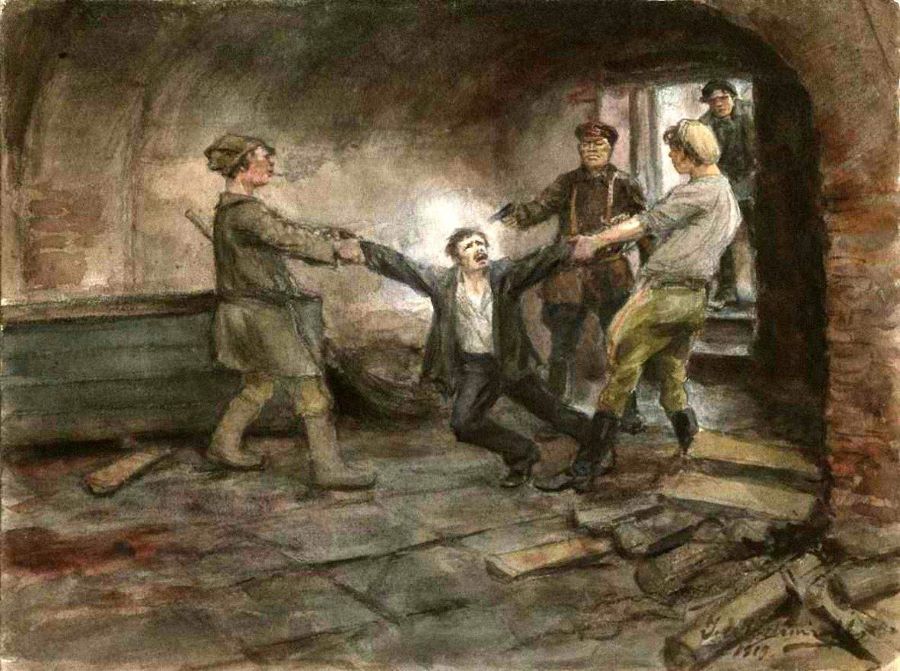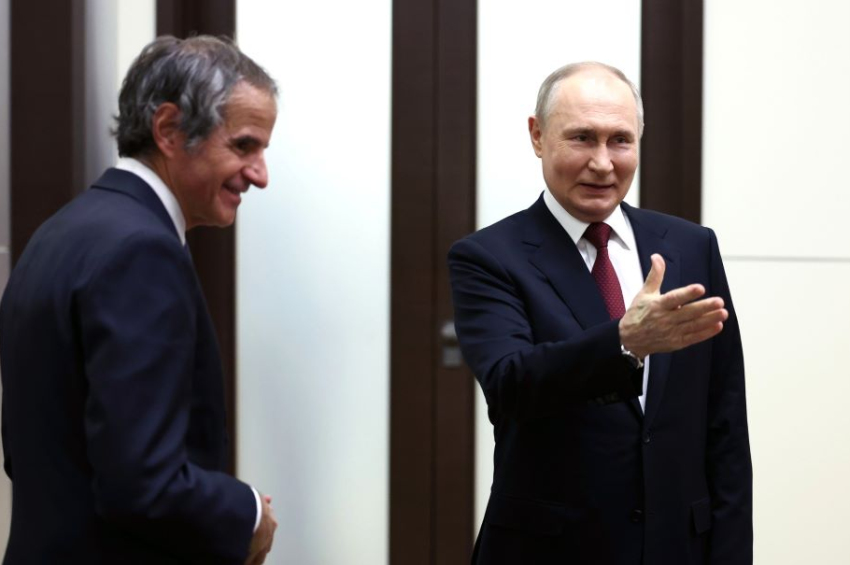An American helped Soviet Russia mine gold for industrialization (part 1)
One of them was John Dickinson "Jack" Littlepage. From 1928 to 1937 he was employed to coordinate the gold mining process in the USSR. There, he became a Deputy Commissar (deputy minister) of the Communist country's Gold Trust directorate. He was one of the few foreign recipients of the Order of the Red Banner of Labor.
Many years later, he left the country as a rich man. More importantly – he made his way home alive and unharmed.
Repressions
There’s a century-long tradition in Russia – kill, drive into emigration, or imprison native engineers and scientists, then waste the country, and employ western specialists and companies to rebuild it. Ultimately, the government kicks all the foreigners out, assumes their merits, and forgets about them – all part of a Communist tradition laid down almost 100 years ago.
More to read:
In 1940-41, the Soviet Union was preparing to attack Nazi Germany. The Germans struck first
Between the power takeover by the Bolsheviks (later Communist party) and until the end of a terrible civil war in 1922, at least 1 million lives of intelligentsia were lost in mass repressions. Among them, hundreds of thousands of scientists, engineers, civil servants, military, nobility, and entrepreneurs, who were regarded as a hostile class to farmers and workers.

Execution of an "anti-Soviet element" in CK basement. Illustration by Ivan Vladimirov. Credit: Wikipedia
While a large part of specialists was executed or died in prisons, others survived hard labor in Siberia, and some were lucky to leave Russia. Two severe famines in 1921-22 and 1930-33 (which repeated in 1946-47), further stripped the country of qualified labor force and left deep scars on the Soviet economy.







